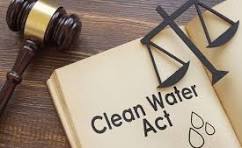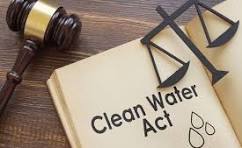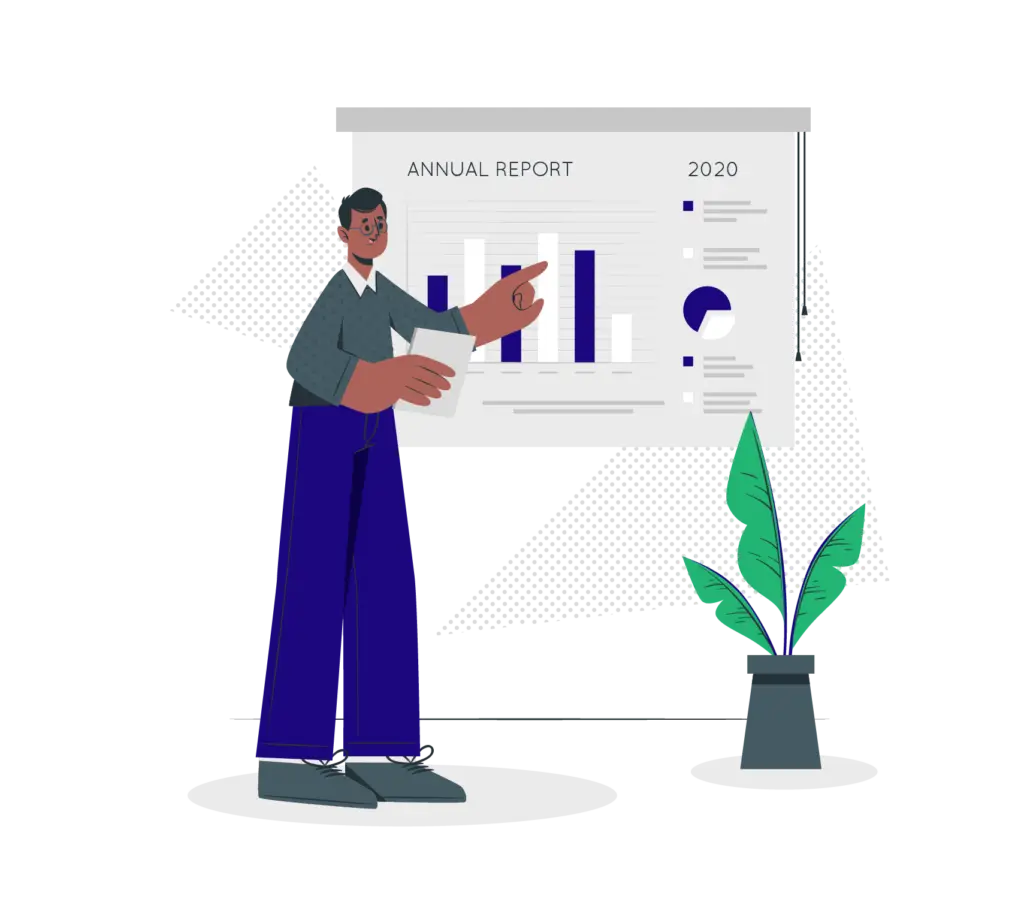Water Acts are legislative frameworks that govern the management, conservation, and regulation of water resources to ensure sustainable access and use. These laws establish the roles and responsibilities of various stakeholders, including government agencies, water service providers, and the public, in safeguarding water resources.
Water Act 2016
The Water Act of 2016 was a significant reform in water resource management, aimed at aligning the sector with the constitutional framework and decentralization principles. It introduced key provisions such as:
Establishment of Institutions: The Act provided for the formation of regulatory and management bodies, including the Water Resources Authority (WRA) for water resource management and the Water Services Regulatory Board (WASREB) for service regulation.
Decentralization of Water Services: It transferred responsibility for water service provision to county governments while ensuring national oversight.
Water Use & Conservation: It set guidelines for water permits, resource conservation, and protection of catchment areas.
Consumer Protection & Tariff Regulation: It outlined the rights of consumers to quality water services and established mechanisms for dispute resolution.
Water (Amendment) Act 2024
The Water Act (Amendment) of 2024 builds upon the 2016 framework while addressing emerging challenges such as climate change, water scarcity, and digital transformation in water governance. Key enhancements include:
Strengthened Climate Resilience Measures: The Act integrates climate adaptation strategies to ensure sustainable water supply in the face of environmental changes.
Improved Water Governance & Accountability: It refines institutional roles, ensuring better coordination between national and county governments.
Technology-Driven Water Management: The Act promotes the use of digital tools and data analytics for efficient water allocation, monitoring, and service delivery.
Community & Stakeholder Engagement: It enhances participatory water resource management by involving local communities and private sector partnerships.
Water Regulations 2025
The Water (Services) Regulations, 2025, enacted under the Water Act (Cap. 312), establish a unified legal and institutional framework for the management, regulation, and delivery of water and sanitation services in Kenya. They give effect to the constitutional right to clean and safe water and support national and county efforts toward universal access and sustainable development.
Key Highlights:
Governance and Roles: Clarifies responsibilities of the national and county governments, County Executive Committee Members, and Directors of Water and Sanitation.
Water Services Providers: Guides establishment, licensing, governance, and financing of county and community water service providers.
Service Standards: Sets systems and technical standards for water supply, wastewater, and effluent management to ensure safety and quality.
Tariffs and Financing: Provides for transparent tariff regulation, financial management, and ring-fencing of water revenues.
Public Participation: Ensures stakeholder consultation and public involvement in licensing, tariff review, and service planning.
Compliance and Enforcement: Establishes monitoring, inspection, and enforcement mechanisms to uphold accountability.
Innovation and Sustainability: Promotes clustering, bulk water supply systems, and private sector participation for efficient and resilient service delivery.
Together, these Regulations enhance governance, safeguard resources, and promote equitable, sustainable access to water and sanitation for all Kenyans.
Useful Links
Services Provided
Media & Publications
Follow us
Address
- 5th Floor NHIF Building Ngong Road
- P.O. BOX 41621-00100, Nairobi, Kenya





